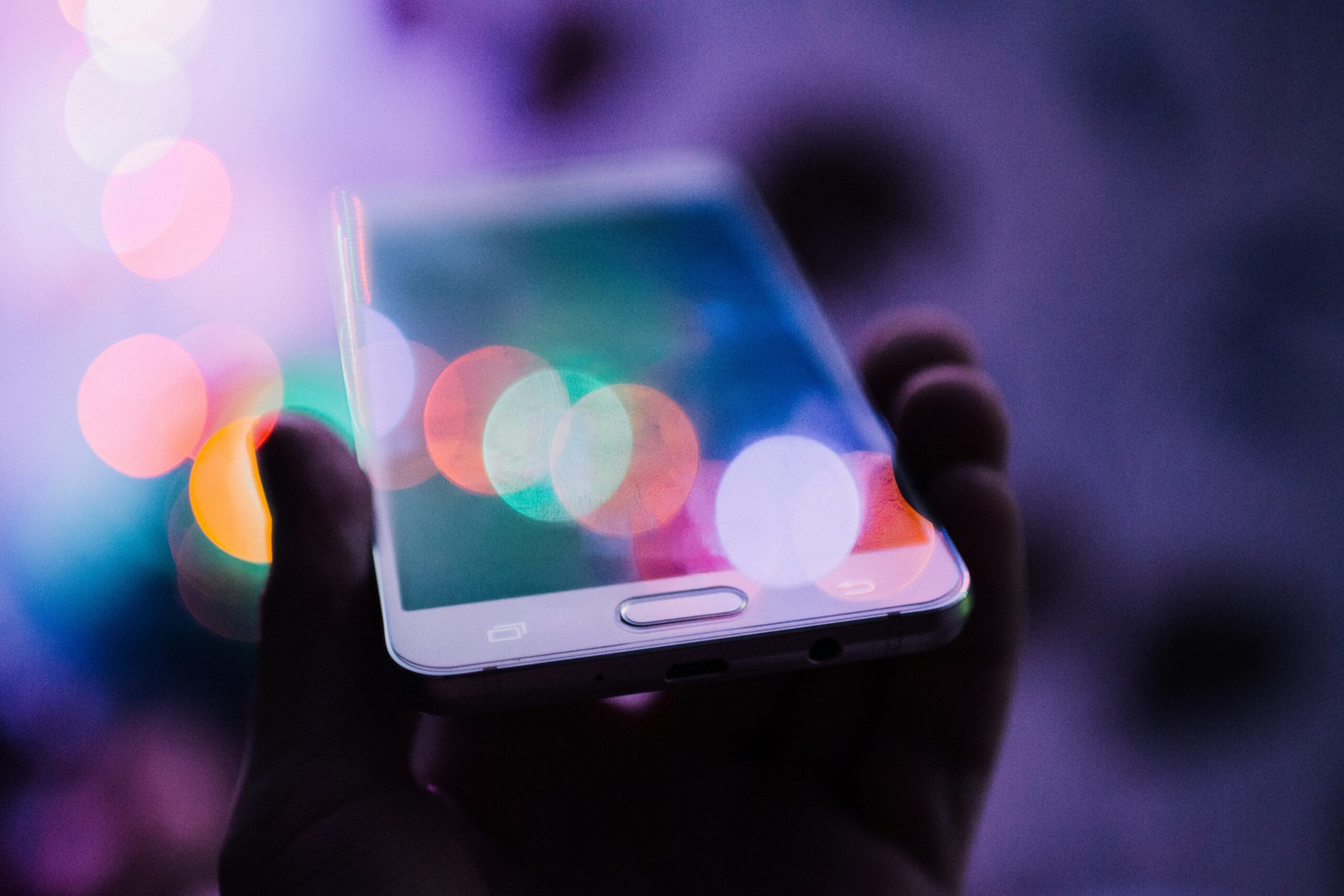On May 13th 2024 social unrest erupted in New Caledonia after the French government announced a revision to the 1998 Noumea Accords. In response to this, on the 15th the French government issued a ban for the social media app Tiktok alongside other measures. The French government implemented this ban because of TikTok’s involvement in provoking violence and grave social unrest. This ban raises the question of whether the government’s decision impedes on civil and fundamental liberties or whether it is part of the human rights to ensure safety.
The unrest in New Caledonia was deserved to a constitutional amendment discussed in the National Assembly about the structure of local politics. This reform would open up the electorate that votes in referendums for the independence of the archipelago to a wider range of the population, specifically to citizens from European immigration. This decision is controversial as the Kanak, the local population, believe that if the law passes they will become a minority voter group and this power imbalance could influence the future of the archipelago. As a result, the Kanak have firmly opposed this reform. Because of the disagreement between the French government and the independent movements led by the Kanak there has been unprecedented violence on the island including the destruction of public buildings, local shops, and several human casualties. In response, the government declared a Tiktok ban. However, this act poses a legal and ethical dilemma.
On one hand, the app was allegedly used to spread messages of hate and violence towards the government, and spread fake news which would create political destabilization and insurgency of other states within the civil conflict. In the interest of safety, the French government declared a “state of emergency” to pass the Tik Tok ban and in addition, other measures such as a curfew and army deployment. According to the law of April 3rd, 1955, the interior minister can take any and all measures to interrupt all public communication services online that encourage acts of terrorism. Meanwhile, other modes of communication and information, such as the radio and tv, have not been banned. The government has also reported that they would lift the ban as soon as the situation stabilizes.
However, the government’s decision has been widely criticized as a tactic used to suppress voices and control the public. Social platforms are vital for expressive liberty; it allows people to have a voice. Particularly in the context of the struggle for self-determination and post-colonisation. This poses the question, do governments have the right to control or restrict these outlets of expression? If democratic states use these bans, do these acts differ from authoritarian states that similarly ban platforms to suppress free speech? When Macron suggested this ban in metropolitan France one year prior, his decision was widely criticized, and the idea was abandoned.
Perhaps underneath such concerns about whether or not to ban the app lies a more important question about our country’s reliance on technologies that potentially hold the power to spread and influence targeted ideas in the first place. For instance, Barack Obama’s unprecedented use of online and mobile technology for the 2008 presidential campaign is a way that technology has become indispensable in the process of political decision making. Therefore, the real threat to democracy might not be in the way voices are suppressed but in the way states become dependent on tech infrastructures, tech apps and algorithms that spread their vision of the world and exploit social divisions and grievances to divide populations even more. Private sector companies like Google, Amazon, Facebook, Microsoft (GAFAM) hold some of the digital technological infrastructure used by the public sector to quantify the population and use in the decision making process. For example, the Cloud stores valuable personal data, including digital services of the State. They also own and control concrete infrastructures like underwater internet cables through which our personal information travels in (emails, online purchases, or internet searches). Therefore, this idea extends beyond Tiktok and applies to other major tech companies of the world. Private ownership of valuable tech infrastructures inevitably leads to control and influence over the societies that depend on them. If countries want to protect their freedom of speech in an increasingly digital world perhaps they must also think of the ways in which they have become dependent on them to ensure that technology does not interfere with democracy.
Edited by Aimee Wang
Victoire Thierry is entering her third year at McGill university studying International Development and Political Science. She is a first-time writer and her interest include sustainability, migration and international relations.

